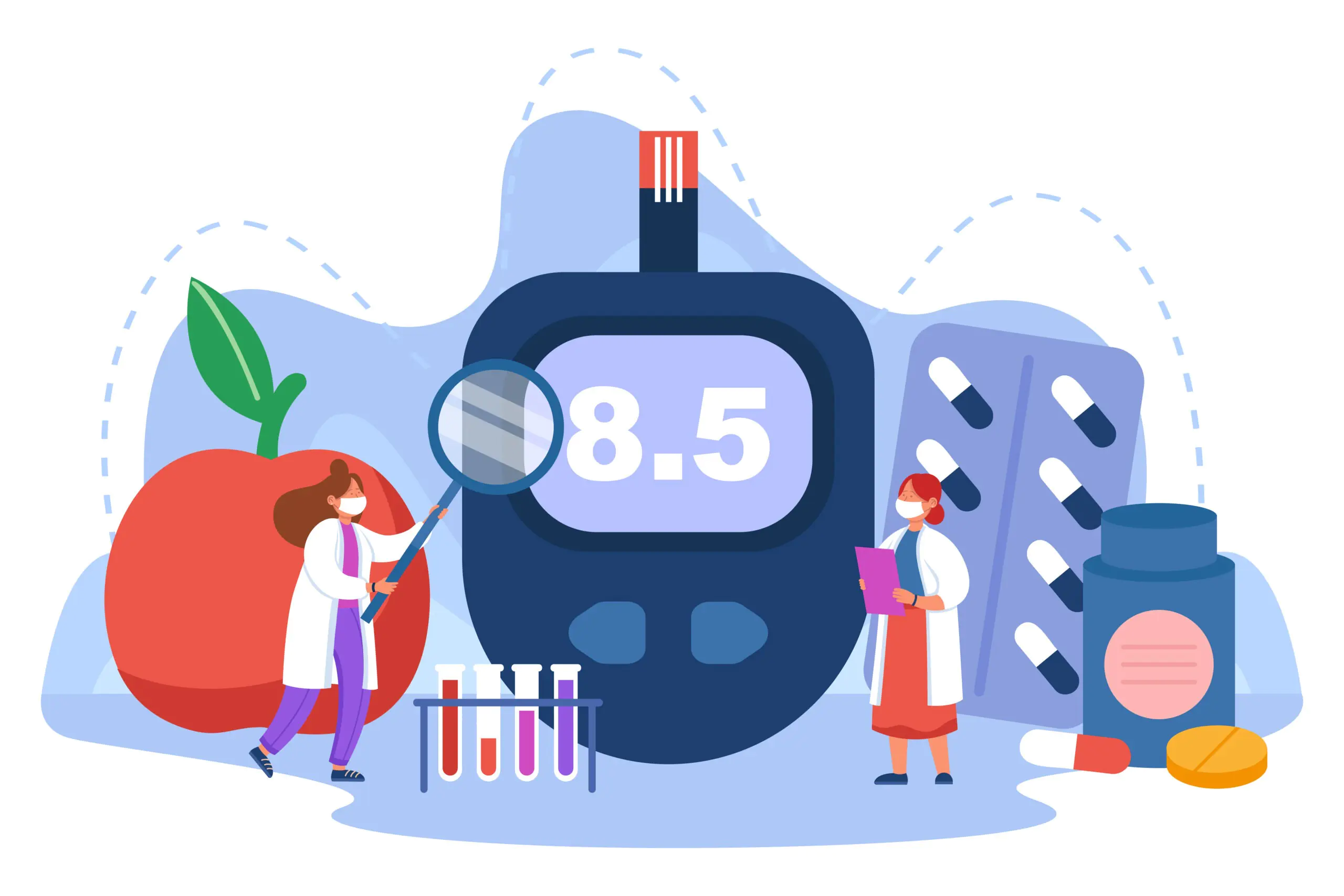Supplements for diabetes

Supplements act as a useful tool in filling the gap in our diets. Diabetes is a lifelong health condition that requires maintenance and time to time look after, like adaptation of a healthy lifestyle. Alongside a balanced diet and regular exercise, supplements serve a supportive role in management of blood sugar levels and enhancement of overall well-being. Supplements should never replace prescribed medications, but can offer additional benefits. Some of these supplements for diabetes are-
- Vitamin D
A review of The National Health and Nutrition Examination Survey (NHANES) in 2010 found that 41.6% of Americans were deficient in vitamin D. Vitamin D is found in sunshine, fish, fortified milk, and supplements. Low levels of which are linked to kidney and heart failure that cause diabetes complications. It also improves insulin function. Diabetes educators say that vitamin D3 supplements are better than D2. The current Recommended Dietary Allowance (RDA) of the same is 600 units for people 14–70 and 800 units for adults over 70.
- Alpha lipoic acid
Strong antioxidant alpha-lipoic acid (ALA) has drawn notice due to its possible advantages in the treatment of diabetes. According to studies, ALA may enhance insulin sensitivity, lessen inflammation, and assist in lowering of blood sugar levels. Furthermore, ALA has been shown to guard against oxidative stress, which is linked to the difficulties of diabetes. ALA is a substance that the human body spontaneously produces, even though it can also be obtained through dietary supplements. However, it is critical to speak with a physician to figure out the right dosage and to keep an eye towards any possible negative consequences.
- Omega 3 fatty acid
Omega-3 fatty acids, which are present in fish oil supplements, are known for offering an array of health advantages, including potential advantages to individuals with diabetes. Based to research, omega-3 fatty acids assist in reducing inflammation, lower triglyceride levels, and boost insulin sensitivity. Furthermore, these fatty acids could promote heart function, which is crucial for those with diabetes, who are more likely to experience cardiovascular issues. Think about consuming fatty fish such as salmon, mackerel, or trout in order to obtain additional omega-3 fatty acids in your diet, or talk to a specialist regarding consuming supplements.
- Magnesium
Magnesium plays an important role in the functioning of insulin and glucose metabolism, amongst additional functions in the body. An increased risk of type 2 diabetes has been linked to low magnesium levels. Supplements containing magnesium may enhance controlling blood sugar and insulin responsiveness. Magnesium has also been linked to improved heart health, blood pressure control, and general wellbeing. Supplements can additionally be considered with the guidance of a medical practitioner.


